Dread Persephone
By Shannon
Author’s Note: This is purely a hobbyist’s overview of the myths and etiological stories regarding Persephone. Using ancient text and academic essays, we're tin-foiling what these stories could mean for Persephone within Lore Olympus. It is important to remember that there isn’t “one true version” of these myths. What we know as ancient Greece was a collection of hundreds of unique city-states, all with their own poets and storytellers. Here, we'll reference some of the earliest and most prominent versions.
Tiresias appears to OdysseusOdysseus & Persephone (Ep 2)Terrible and Holy
Circa 8th-7th Century BCE
Possibly the oldest surviving mention of Persephone is in Homer’s The Odyssey. At this point, Persephone is already the feared chthonic Queen, ruling the dead beside her husband.
After the conquest of Troy, Circe instructs Odysseus to perform a nekyia, a rite to question the dead. The late prophet Tiresias can give him instructions on how to return home. In death, it is Persephone who has allowed the prophet to keep his abilities.
“Has the Queen sent me a phantom, to increase my grief?”
Odysseus sacrifices to the two rulers of the dead and begins the ritual. It is Persephone who is the active participant in this exchange. Here, she is the bridge between the living and the dead. It is she who is considered harsh to have Odysseus interact with the dead in this manner.
“Holy Persephone dispersed the ghosts of women and they went their separate ways.”
- Homer, The Odyssey 11.387, trans Wilson
Homeric Hymn to Demeter
Circa 6th Century BCE
While poets Homer and Hesiod mention Persephone in their works of the previous century, the anonymously constructed Hymn to Demeter is the oldest surviving story of Kore's abduction. While it is an etiological story of why the seasons exist, it's also an example of ancient marriage customs and the lack of autonomy women had when it came to these arrangements.
As the father, Zeus decides on Persephone's marriage without consulting Demeter. Grieving the loss of her daughter, Demeter unleashed a famine upon the world. With the loss of mortals, the gods receive less worship.
This reaction from Demeter was not considered by Zeus when he struck the agreement with Hades. With Demeter unrelenting, he sent Hermes to reclaim Kore from the Underworld and return her to her mother. This may be one of the only times we see Zeus being forced to capitulate to another being.
"And now she would have destroyed the whole of the human race
By means of grievous famine, and robbed of their glorious due..."
- Homeric Hymn to Demeter 308, trans Crudden
The Return of Persephone by Leighton, 1891Analysis: Winter is Coming
In Lore Olympus, Persephone is banished to the mortal realm as the interim goddess of the earth, symbolically taking myth-Demeter's place. Persephone is required to run spring and the harvest until Zeus is satisfied. The Mortal Realm is also separated from Olympus and the Underworld.
If we use the Hymns as a marker, Zeus gave in to Demeter's demands after realizing there was nothing he and the other gods could offer her to relent on her famine/winter. It's possible that LO Persephone, in myth-Demeter's place, is the one to inflict winter or famine in the Mortal Realm during her banishment.
At heart, Persephone is a strategist, and abiding by the rules hasn't worked in her favor so far. Could this banishment be the thing that tips her into an offensive, rather than defensive, position? Would she go toe-to-toe with Zeus and call his bluff if mortal's worship is on the line?
Eleusis and their Mysteries
In the Hymns, Demeter spends time acting as a nursemaid in Eleusis after learning that Persephone has been married. In time, Demeter reveals herself to the mortals and demands that they build her a temple. Once completed, Demeter sat enthroned until Zeus returned Kore to her, unrelenting with her famine/winter.
As early as 600 BCE, Eleusis attracted worshippers of the Two Goddesses (Demeter and Persephone). The agrarian cult focused on the story of the abduction, its ties to life, death, and the afterlife. It was the most famous of the secret religious rites of ancient Greece until the 4th century CE.
Queen Metaneira receiving blessings from enthroned Demeter
While Eleusis is cut off from Persephone within LO, we can see mortals focusing their worship on the one goddess that is in the mortal realm hearing their pleas. Demeter could use her time to establish a powerful dual goddess worship site. A site that could make Zeus very nervous.
Aidoneus, the Receiver of Many
"He is not an unsuitable bridegroom..."
In myth, Helios tells Demeter what has happened to her daughter. He chides her and says that Hades is not an unfitting husband for Persephone. While the hymn is a tale of the seasons and marriage, it is also about xenia, the custom of shared hospitality and protection between a guest and host.
Persephone's consumption of the pomegranate seeds, even if done under questionable pretenses, symbolizes her acceptance of her husband and the protection he offers. She accepts xenia with him, therefore she must return.
Throughout Season 2, we see Hades concerned about being a good host to Persephone. Similar to his mythological counterpart, Hades offers Persephone honor and respect while she is in his realm. Respect she hasn't been afforded in Olympus or the Mortal Realm.
"And while you are here, you shall rule all that lives and moves and shall have the greatest rights among the deathless gods..."
- Hades to Persephone, Hymn to Demeter, trans Evelyn-White
Locrian Persephone
Circa 5th Century BCE
Outside of Eleusis and mainland Greece, the colony of Locri in southern Italy had an incredibly strong cult of worship around Persephone, particularly focused on her marriage with Hades. In fact, this colony worshipped her as a protector of fertile marriage and childbirth, a role generally performed by Hera in mainland Greece.
This site has many tablets dedicated to Persephone and the retelling of her abduction and marriage. These pinax often show Persephone in the foreground, the place of prominence, and Hades in the back. Children of Locri were dedicated to her and girls would bring their peplos to be blessed before their marriages.
Pinax from Locri, depicting Persephone and Hades enthroned.
Persephone Praxidike
Circa 3rd Century BCE
“Much-honored spouse of Plouton (Hades), discreet and life-giving, you command the gates of Hades in the bowels of the earth, lovely-tressed Praxidike...queen of the netherworld…”
Written in the late Hellenistic era, the Orphic Hymns were believed to be passed down by the poet Orpheus. These hymns tend to vary wildly compared to the stories of the previous 500 years, but we do see large importance put on Dread Persephone.
'Praxidike' refers to a goddess or spirit of exacting justice. When referenced in the Orphic Hymns, it is strictly associated with Persephone. Similar to the lines we have of 'Dread Persephone' in The Odyssey, we see that Persephone is still considered the one in charge of the Underworld by these ancient sources. It is she who needs to be appeased.
After the injustices done upon her, it would only be fitting to see Persephone embrace a spirit of exacting justice. Particularly in regards to Apollo.
“You alone are life and death to toiling mortals, O Persephone, you nourish all, always, and kill them too.”
- Hymn to Persephone (29.3-15), trans. Athanassakis
Dread Persephone
From the beginning, Lore Olympus has been a feminist deconstruction of the Abduction of Persephone. While Rachel doesn't write her story as a one-to-one retelling, it's fascinating to see where she takes her inspiration from and theorize about where she could possibly go with it.
Often in retellings, her story ends with her marriage and continuous return to her mother. Ancient text and archeology show a side to this enigmatic goddess that isn't often discussed.
Upon her return to her mother in the Homeric Hymns, Persephone refers to herself as the wife of Hades and accepts her place in the marriage. And what a place that turns out to be. She is no longer the kidnapped girl, she is a ruling queen, feared and respected. She is a bridge between life and death. Fit gifts must be paid...
And we cannot wait to see where our Persephone goes.













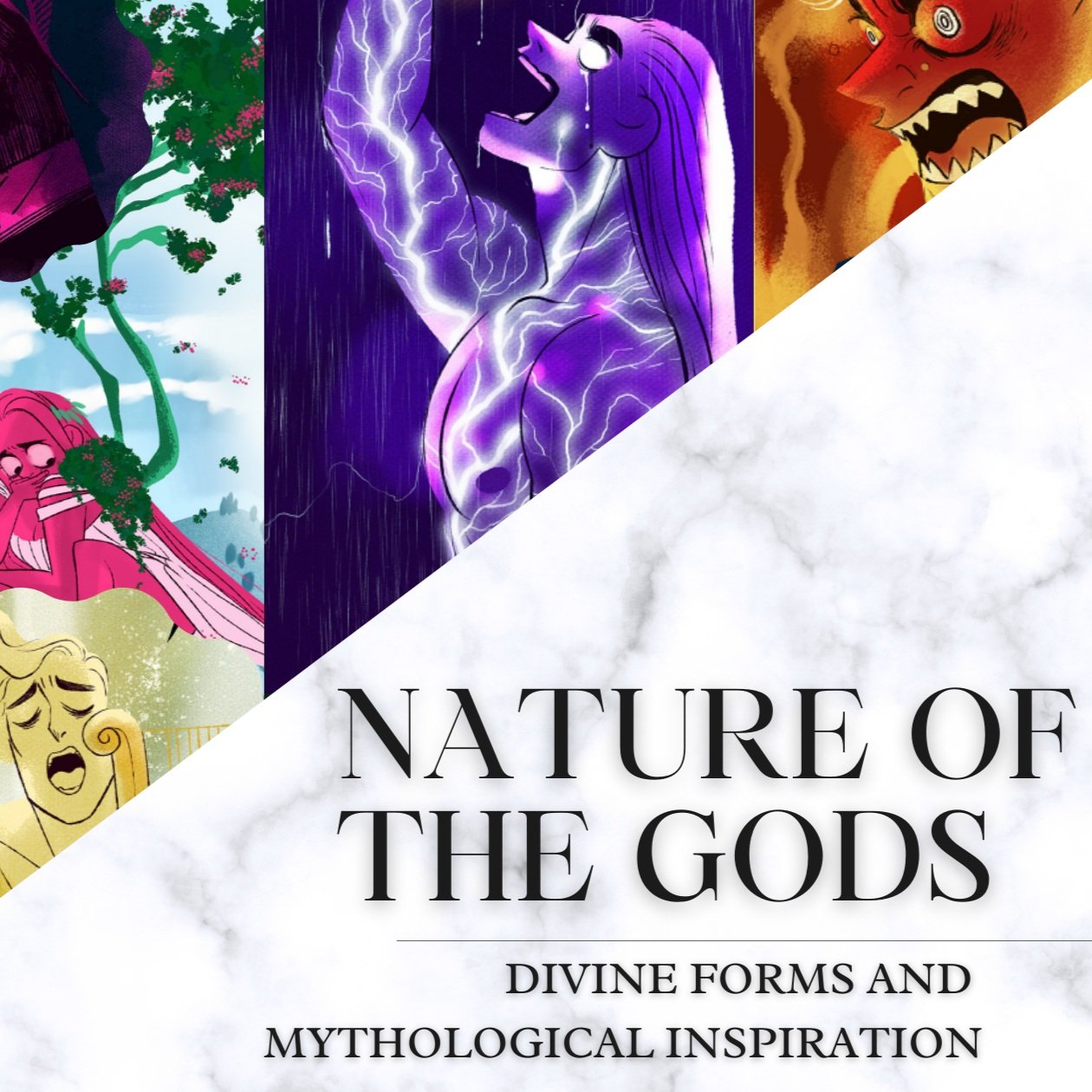
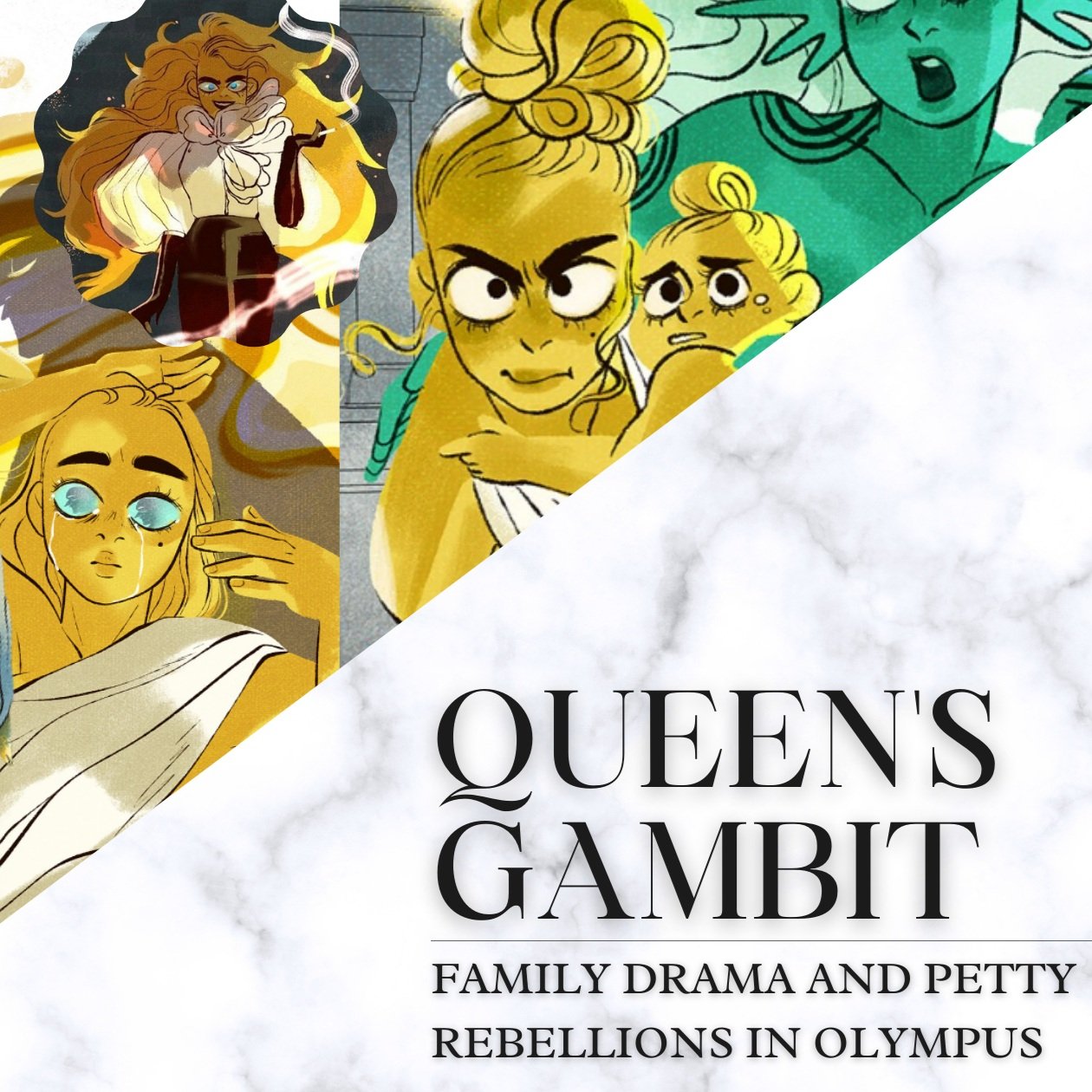
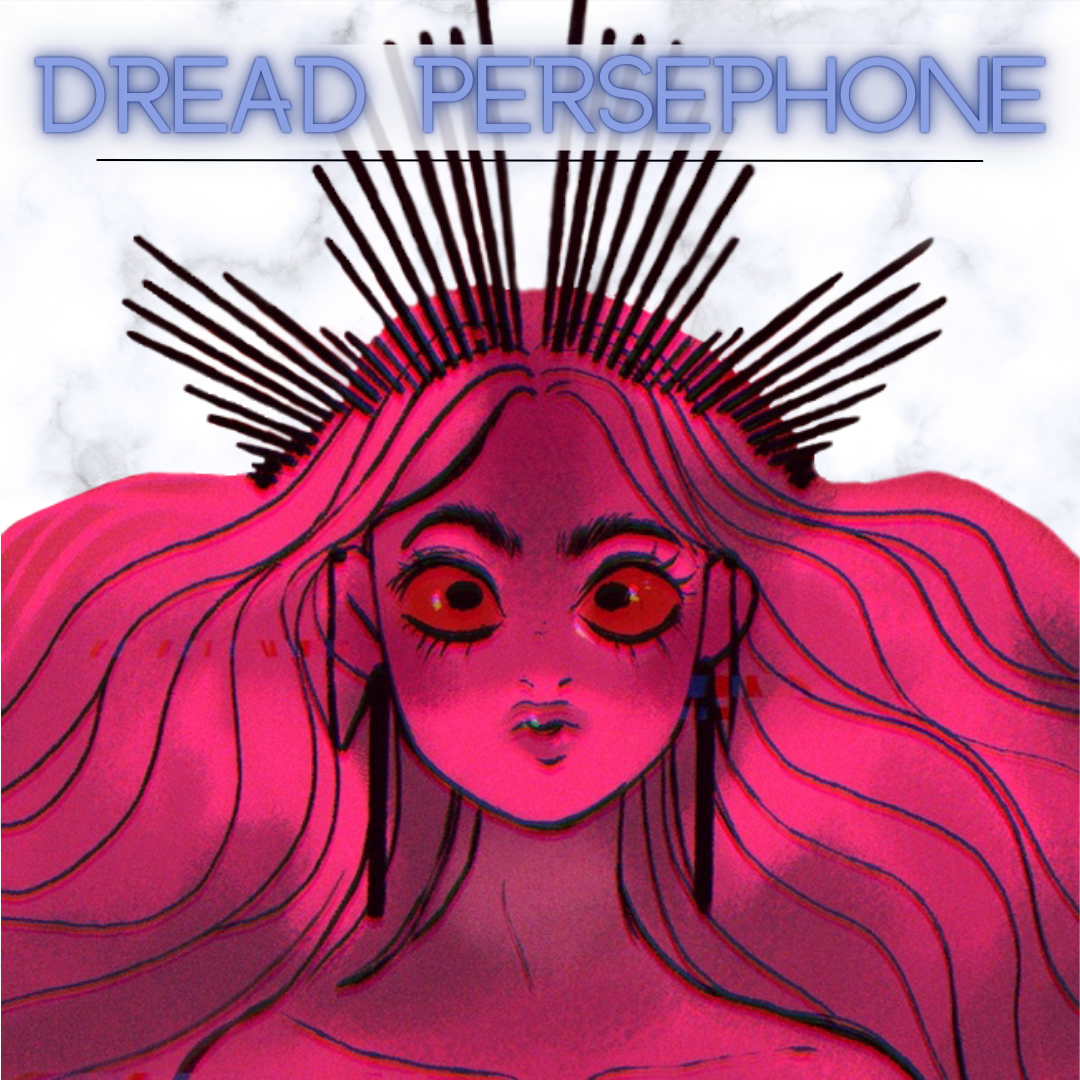



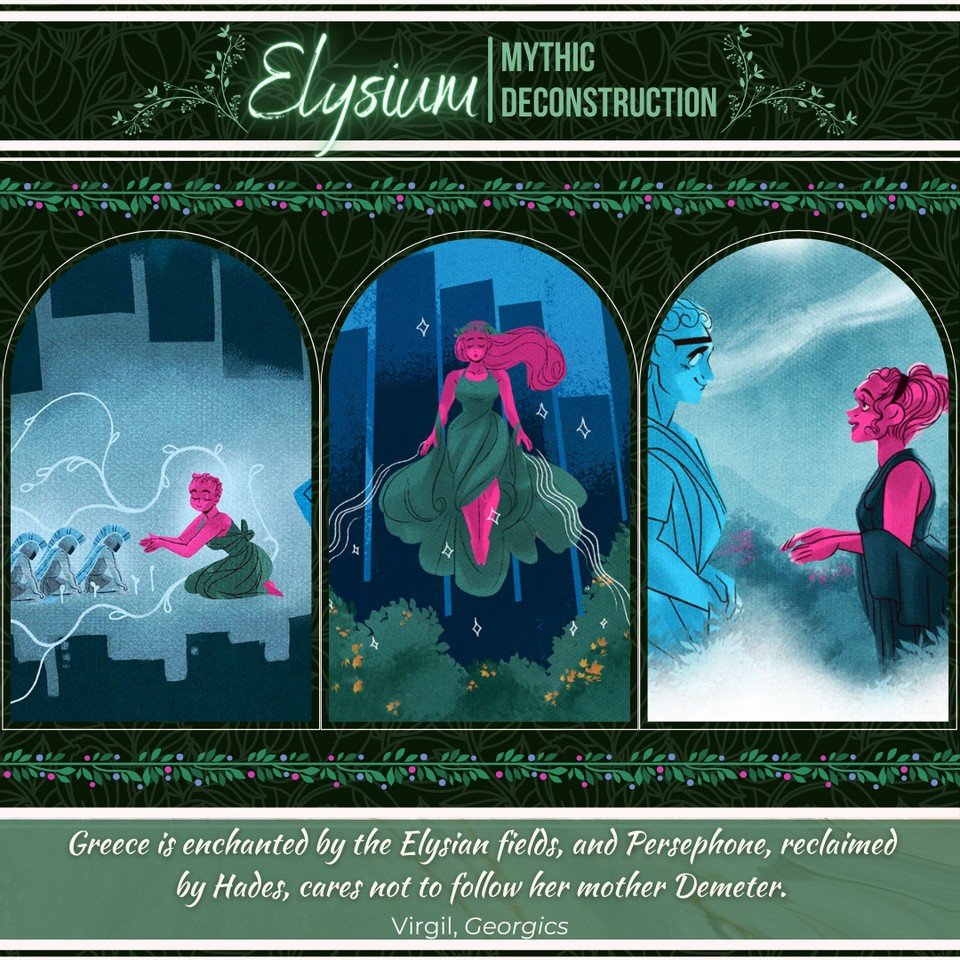

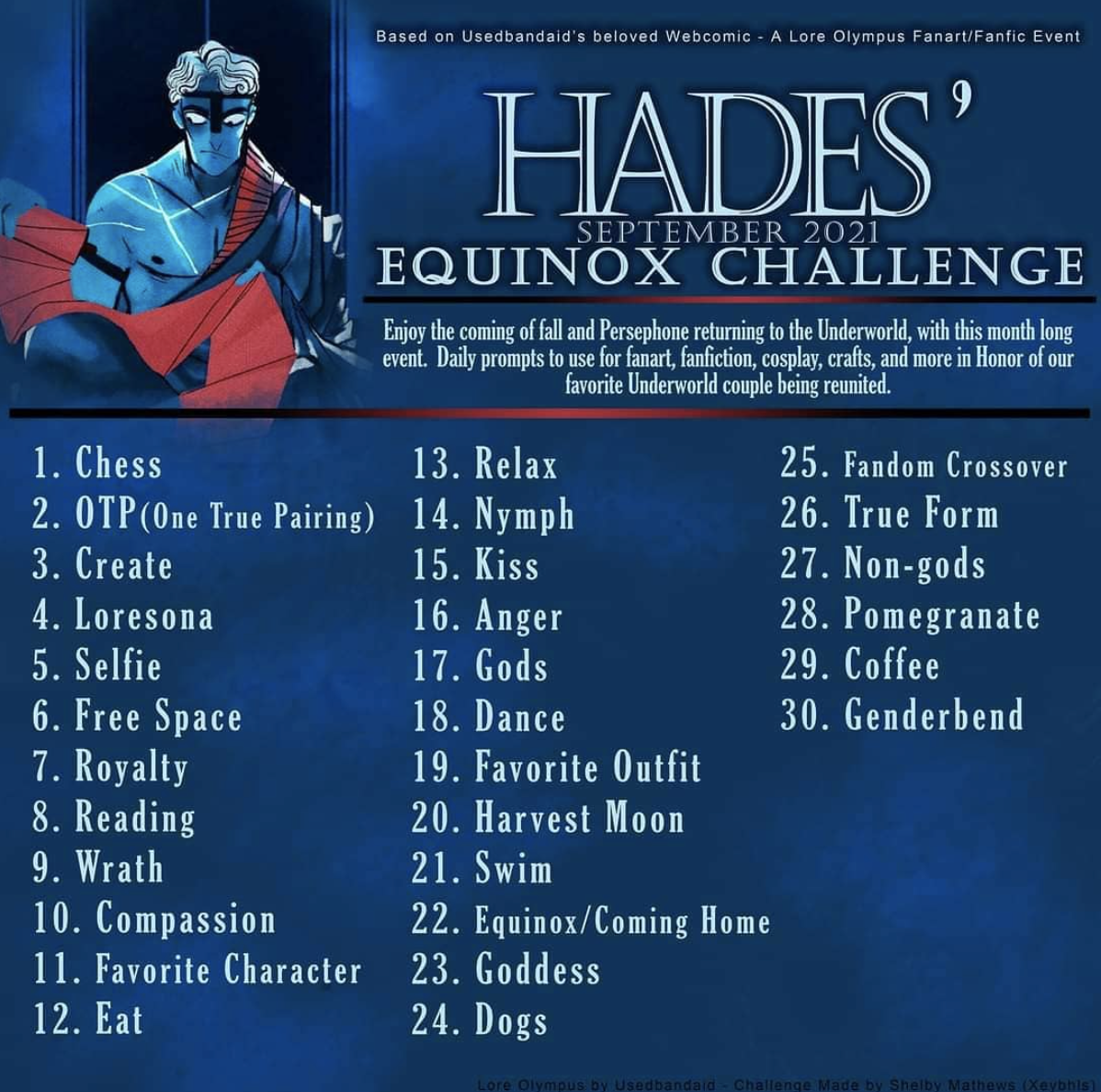


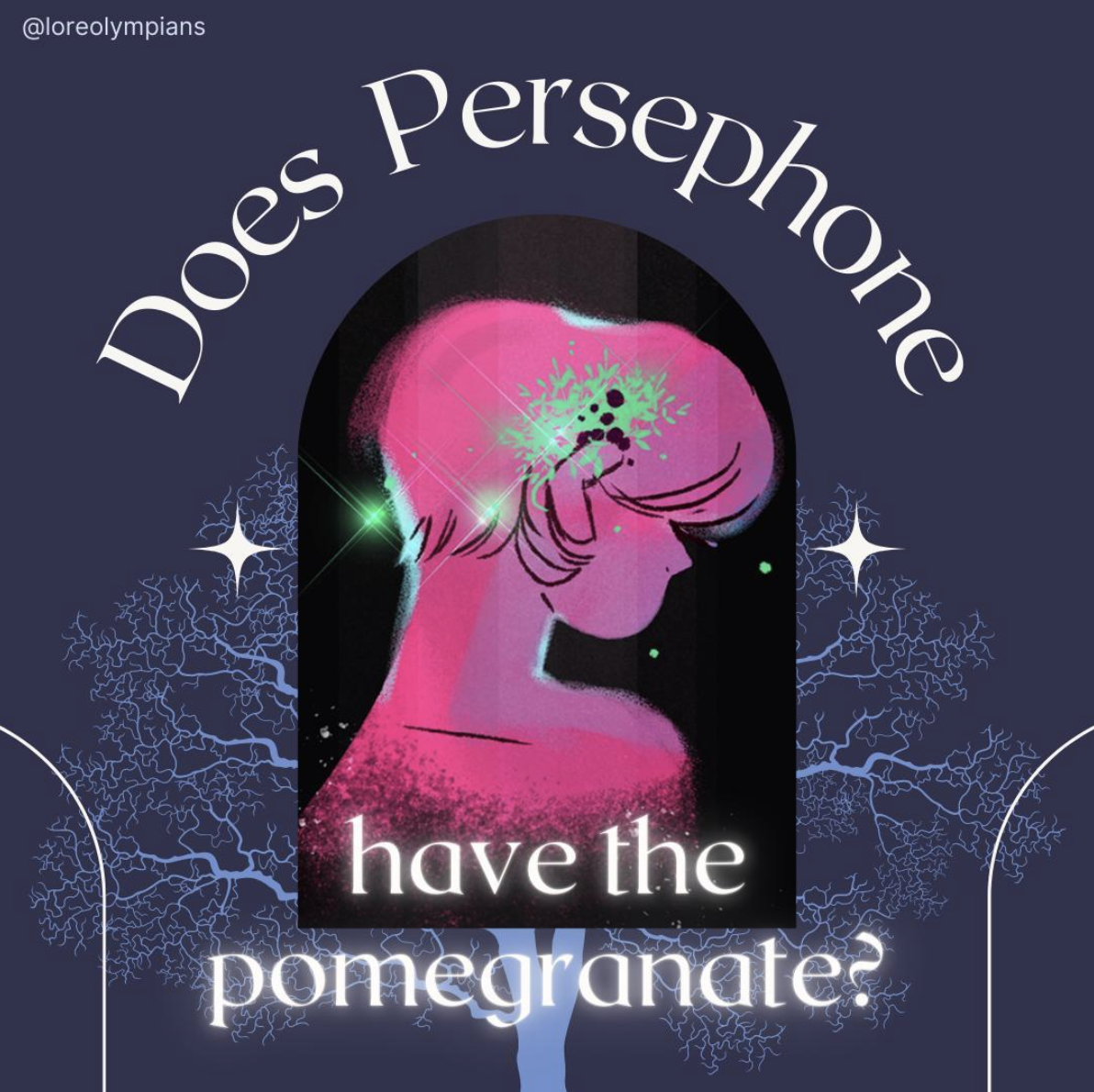


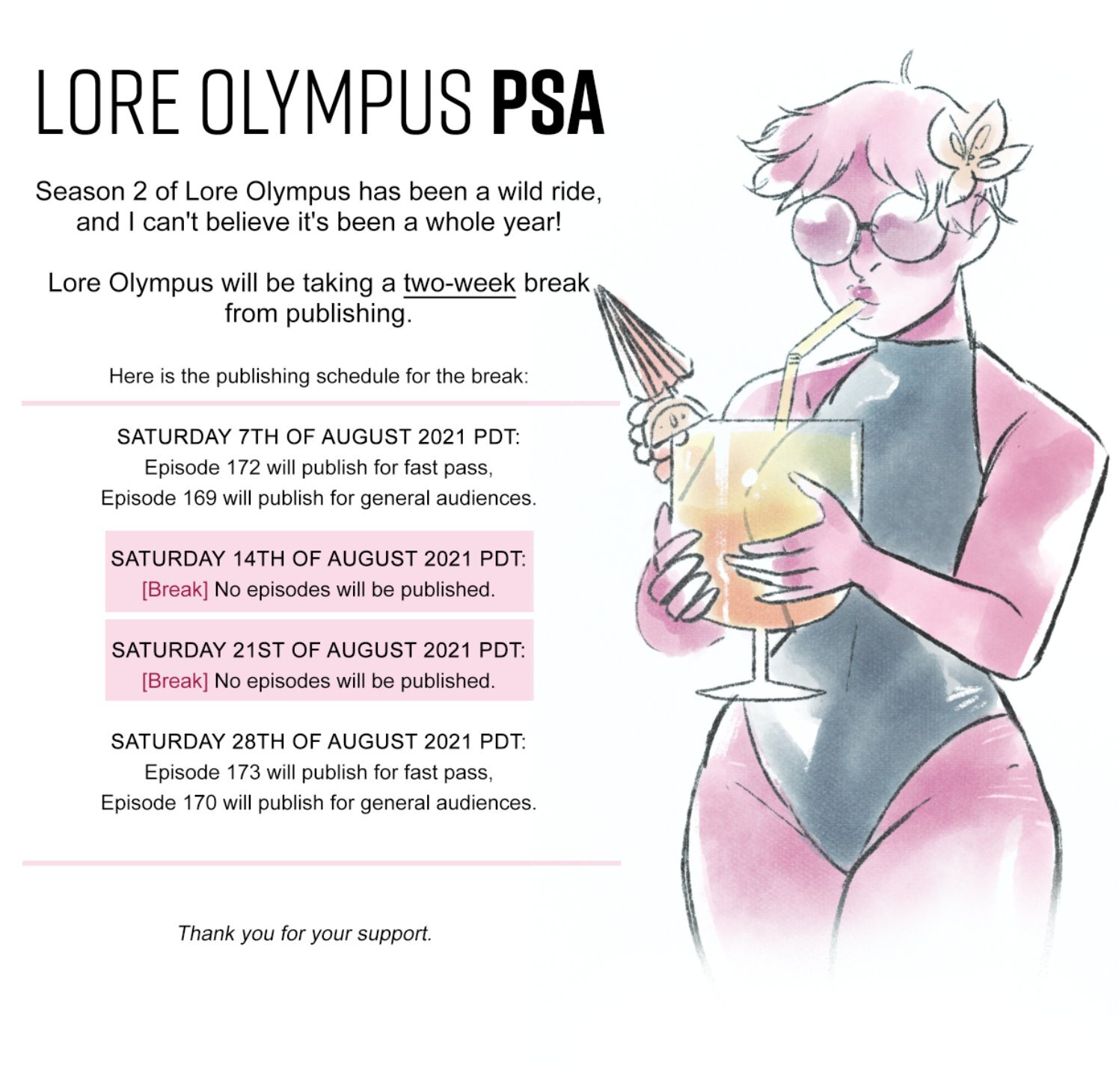


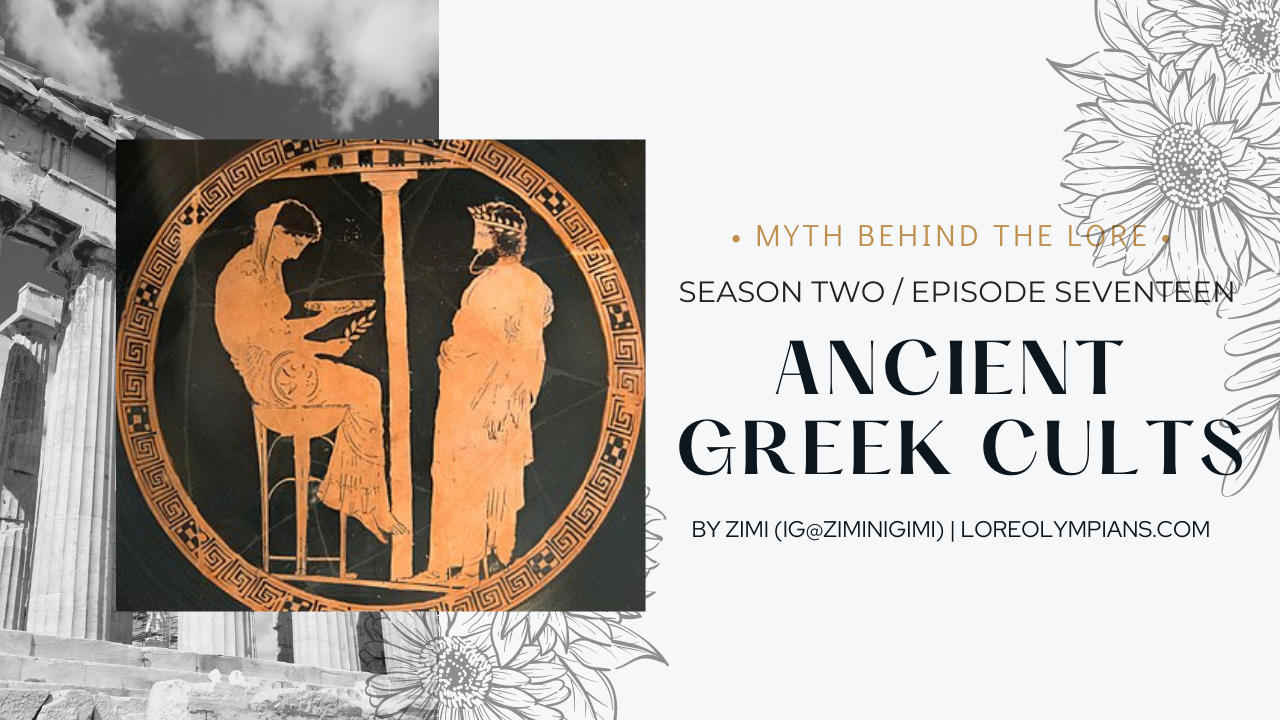

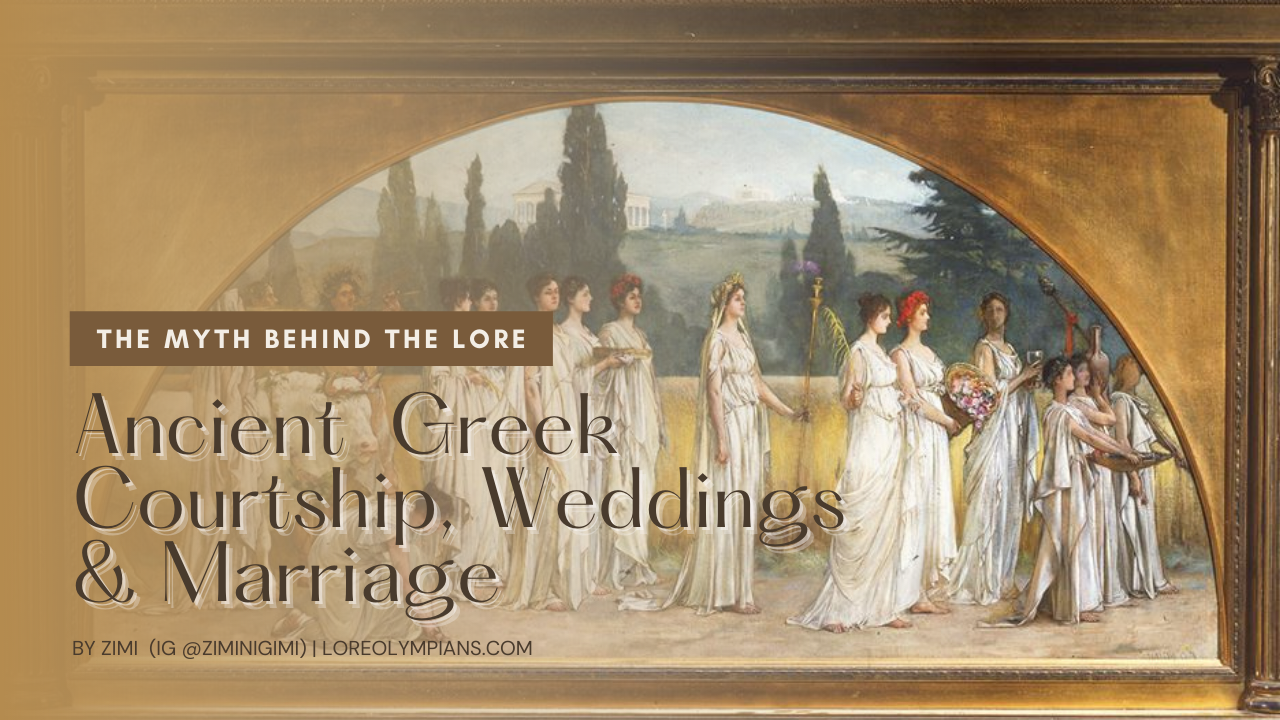
Our go-to retellings and recommended sources for all things Greek mythology - from books to websites to podcasts.